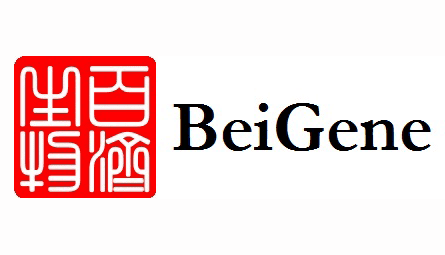
BeiGene’s BTK inhibitor Brukinsa was unable to beat rival Imbruvica from Johnson & Johnson/AbbVie in Waldenstrom’s macroglublinemia.
The Chinese pharma company had been investigating Brukinsa (zanubrutinib) in comparison to class leader Imbruvica (ibrutinib), for the treatment on WM – a rare type of cancer that affects white blood cells.
Brukinsa was unable to demonstrate statistically significant superiority in complete response (CR) or very good partial response (VGPR) rates compared to Imbruvica.
Although, BeiGene has said that Brukinsa demonstrated numerically higher VGPR rates, and improvements in safety and tolerability compared to Imbruvica. This includes fewer cases of adverse events leading to discontinuation of treatment.
The trial was always high-risk, but one that BeiGene was willing to take given that Brukinsa is a third-to-market drug, coming behind Imbruvica and AstraZeneca’s Calquence.
Brukinsa is BeiGene’s first drug to have been approved in the US, following an FDA green light in November as a treatment for mantle cell lymphoma (MCL) patients who have received at least one prior therapy.
This approval was also noteworthy because it was the first for a Chinese-developed cancer drug in the US.
The WM population is a relatively small one compared to other types of blood cancer – especially chronic lymphocytic leukaemia (CLL), an area where Imbruvica dominates.
Despite failing to statistically outperform Imbruvica, the trial could still be good news for BeiGene, as its BTK inhibitor was able to beat J&J/AbbVie’s drug numerically.
In the ASPEN trial, Brukinsa hit higher rates of CR and VGPR compared to Imbruvica – 28.9% of relapsed or refractory patients compared to 19.8%.
“These results are consistent with what we know about zanubrutinib from our broad clinical development program – that it is a more selective BTK inhibitor with beneficial pharmacokinetics designed to provide deep, meaningful responses for many patients,” said Jane Huang (pictured left), chief medical officer, haematology at BeiGene.
“We plan to discuss our findings with regulatory authorities in the U.S. and Europe and plan to submit these data for presentation, with additional analysis, to an upcoming medical meeting,” she added.
It’s important for BeiGene to establish some kind of improvement over Imbruvica, especially if it scores approval in CLL.
Imbruvica made over $4bn in sales in the US market alone last year, and remains the clear market leader despite some encroachment from Calquence.
Calquence was approved in 2017 for second-line MCL and is also under regulatory review in CLL, having made $108m in sales in the first nine months of this year.
Only time will tell if Brukinsa has done enough to challenge Imbruvica – the slight improvement in CR and VGPR rates as well as the superior safety profile may help it to encroach on the leader’s space, but without clear overall superiority this could prove difficult.
BeiGene has another head-to-head trial testing Brukinsa against Imbruvica in CLL, with results due in the first quarter of 2021.




